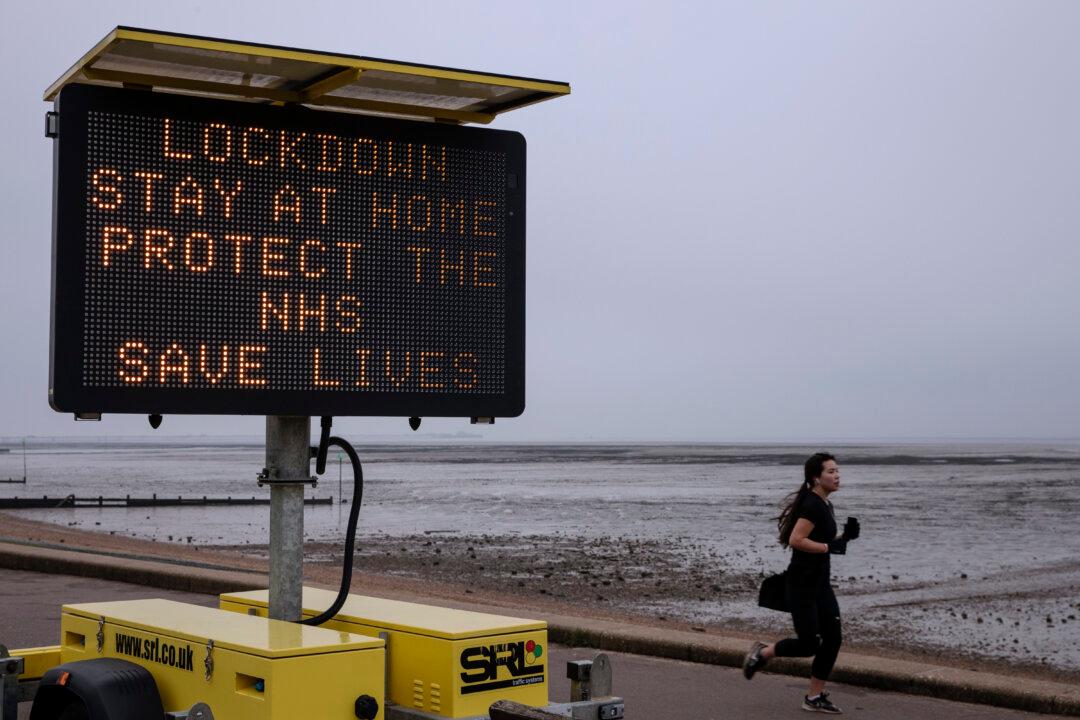Behavioural scientists who played a crucial role in devising COVID-19 interventions said the UK government tried to control the public through the use of fear and denied exaggerating risks and fear levels themselves.
Writing for the British Medical Journal, behavioral scientists who delivered advice on social and behavioural interventions during COVID-19 have accused the government of pushing a “naïve and mistaken strategy of fear.”





